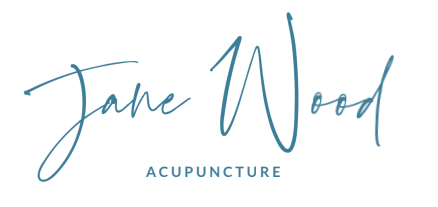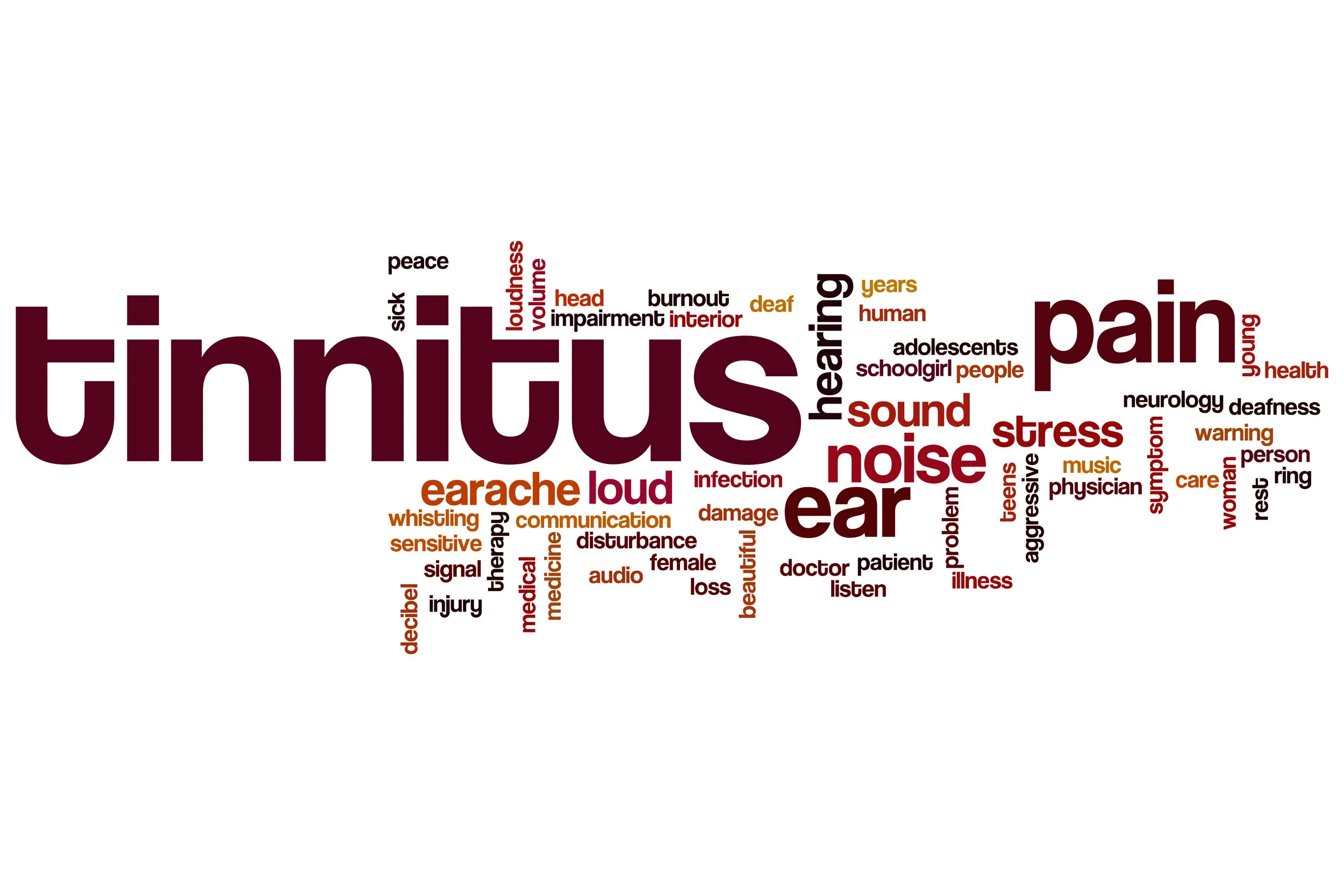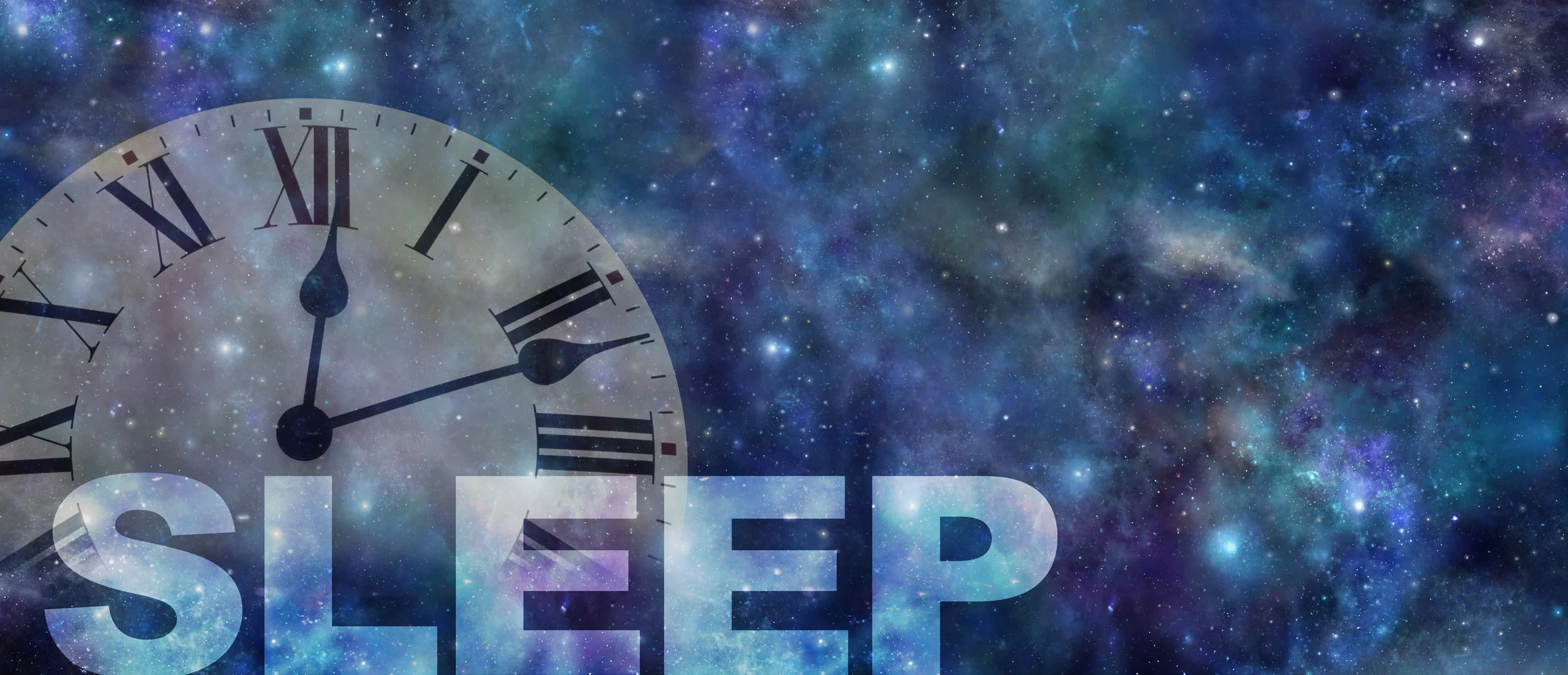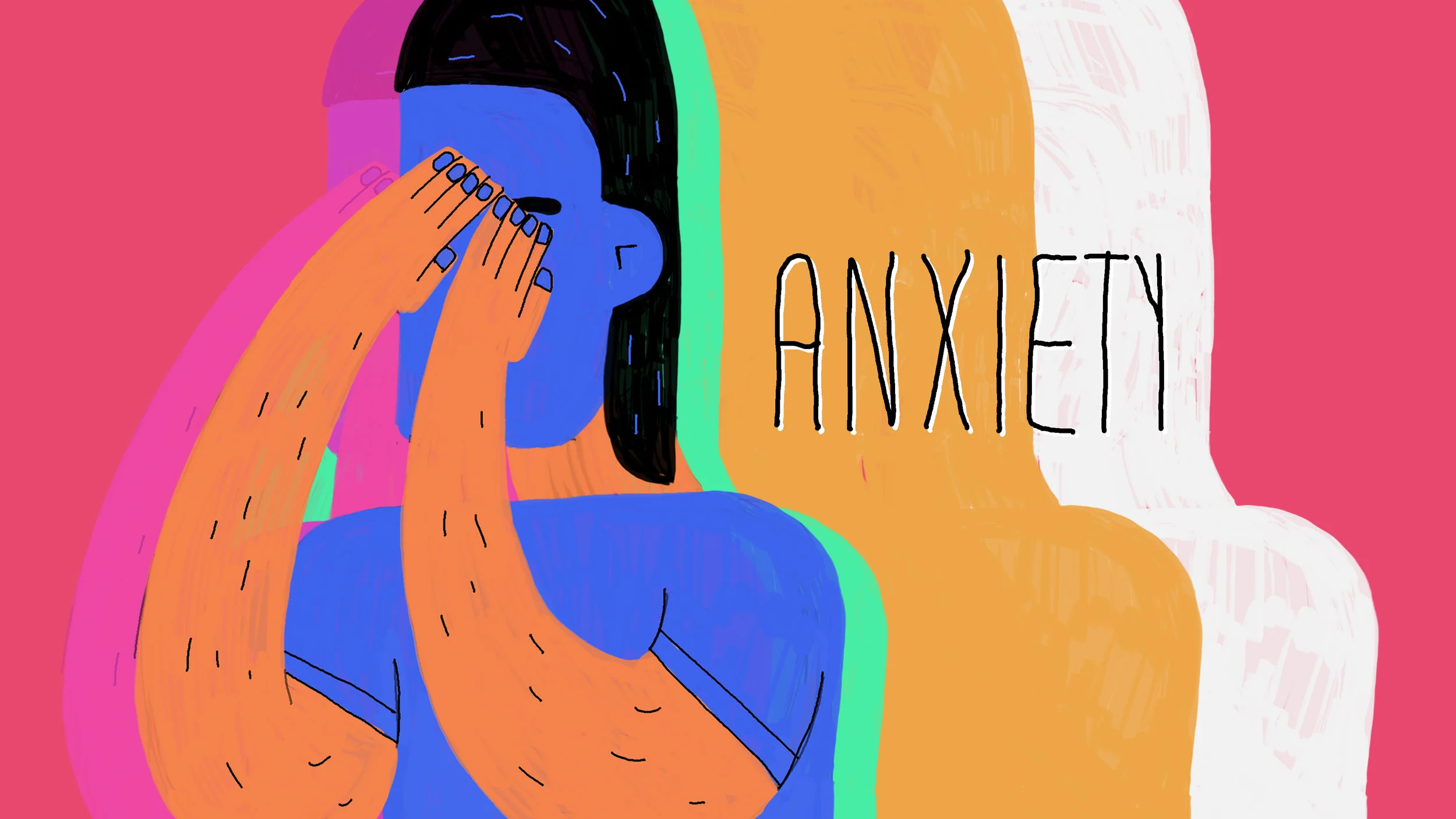A twist of fate brought me to Mandala Yoga Ashram. It’s an amazing place; a collection of old farm buildings lovingly transformed into a spiritual retreat.
Last week, I had the pleasure of speaking to Swami Nischalananda, the founder director of Mandala Yoga Ashram. Swami Nischalanada set up the ashram after years studying with his teacher in India. He wasn’t born into a spiritual life, but started off much the same as other young man of his age. His early years were spent playing football, cricket, rugby and fishing. He first came across yoga while travelling, then decided to pursue it while working in Belfast. The yoga centre he found there eventually led him to India.
You might wonder why I’m including this interview on an acupuncture website. Firstly, I am privileged to call Swami Nischalananda my teacher. He has been instrumental in my journey to becoming an acupuncturist. That might seem strange but without him I wouldn’t be doing this.
Secondly, because the practice of yoga is so relevant to modern day times.
It’s not unusual to have a few questions before you try something new. Will it work for you? What will it feel like? What should I wear ?
Here are some of the questions I’m asked most.
I’m asked this question so often.
In a healthcare world led by pharmaceutical treatments , we’re used to a set number of tablets for a set number of days - a course of treatment lasting for a definite period of time.
The National Institute for Care and Excellence (NICE) provide guidance for the NHS. It often comes with recommendations for ‘how much?’ - how many treatments, how long they should last and, in the case of drugs, how big the dose should be.
Yet we are individuals, each shaped by a combination of factors such as the genes we inherited, the way we’ve lived our lives, and what’s happening right now.
Thirty-one years a ago, I gave birth to a beautiful baby girl, Abbie. My pregnancy wasn’t entirely without complications, but I felt safe, secure, and confident that I had the best possible care within the NHS.
Fast forward three decades, and maternity services are at breaking point. Last week the Health Secretary, Wes Streeting, announced a rapid review of maternity safety. He also announced he will be chairing a National Maternity and Neonatal Task Force, bringing together experts, staff and campaigners across maternity and neonatal services in England.
By coincidence, last week I also had the pleasure of meeting Jo Hewson, a birth coach (doulah), who talked to me about the role of a doulah, and how they can help parents through pregnancy and birth.
I had suffered with chronic reflux for a number of years, which was consuming my life 24/7 and had left me feeling desperate. Having undergone tests previously, my GP determined there was no underlying issue and had prescribed me with reflux medication which I disliked taking daily. I also took over the counter indigestion remedies, all of which provided minimal relief from my symptoms…………I have not taken any reflux medication for over 18 months. Having gained such a positive result with my reflux, Jane has also helped me with the effects of post-menopause both physically and emotionally and I see her on a regular basis, as she is my No.1 go to person.
Fifty-five year old Andy came to came to see me with chronic back pain. He’d tried a few other treatments without success. Now, with the tough physical challenge of a sailing race looming, he desperately needed help.
Could acupuncture help him?
It’s one of the questions I’m most often asked …… “will acupuncture work for me and my problem?”.
And it’s understandable. No-one wants to waste their hard-earned cash on an ineffective treatment. In answer, I usually give an indication of the likelihood of acupuncture helping someone. But I also add that I can’t guarantee it - and nor can any other practitioner. Here’s why…..
Imagine a healthcare system that has been used for over 2,000 years—one that sees not just your symptoms, but the whole you. This is the essence of Chinese medicine.
I recently took the plunge into wild swimming with my friend Angie on a chilly November morning in North Yorkshire. Though I had imagined my first wild swim would be a warm, sunny experience, Angie was determined to check it off her birthday wish list, and I joined her. The experience, inspired by Wim Hof's cold-water immersion methods, promised a range of health benefits: boosting immunity, improving circulation, increasing energy, enhancing mental resilience, and reducing stress.
While cold water offers these advantages, Chinese healthcare practices, such as Yangsheng, advise caution, particularly for those with a "cold condition." Wild swimming can exacerbate issues like joint stiffness or digestive troubles for individuals sensitive to the cold. The risks of cold-water shock, swim failure, and after-drop also require careful consideration. However, starting with gradual exposure, such as cooler showers or brief outdoor walks, can help acclimatize the body.
Ultimately, wild swimming is an invigorating way to connect with nature, but it's important to know your limits and approach it safely.
Entrepreneur Giselle Boxer recently featured on the popular television show, Dragon’s Den. She had suffered from M.E, or chronic fatigue syndrome (CFS), and credited her recovery to four things. She said “I went on a personal healing journey using diet, acupuncture, Chinese herbs, and ear seeds. 'Using this combination, I believe, helped me recover in less than 12 months”.
The episode has sparked debate about ear seeds and other forms of Chinese Medicine. It focused attention for this ancient practice, but also led to misrepresentation. Viewers and healthcare professionals, including acupuncturists, raised concerns about the programme.
Full Circle Funerals have created an online gallery for people suffering the loss of a loved one. This gallery is a safe place for anyone, from professional artists to adults or children who have never consider themselves to be artists, to share their expression of loss through art. The art shared here might be a drawing or painting, a photograph or poem, collage, fabric creation or a link to a song. Any medium of art is welcome.
he NHS estimates that 1 in every 7 couples have problems conceiving.
The average couple has around a 25% chance of getting pregnant in each cycle. And most couples (84%) will conceive naturally within a year of trying.
The first reason for not falling pregnant could be that you’re just not having sex often enough. Try for at least two or three times a week. Once you’ve ruled that out, have a look at these common reasons for infertility -
Chinese medicine sees emotions manifesting in the organs; the heart feels the emotion of joy, the spleen pensiveness, the liver anger and frustration, the kidneys fear. And the emotions of sadness, grief, and worry affect the lungs. Although we cannot escape grief, there are ways we can help ourselves to cope.
Tinnitus and Stress?
Yes, there’s a relationship. And it can create a vicious circle. Research has shown that how you look at tinnitus affects your levels of stress. Stress can be a factor in the onset of tinnitus. And it can affect your experience of tinnitus in the long term.
Last night we all had the chance to sleep for an extra hour. Are you one of those people who rejoice at having that extra hour to snooze, or did you use it to cram something else into your day?
It may seem strange, but according to Mark Walker, Professor of Neuroscience and Psychology at the University of California, and Director of their Sleep and Neuroimaging Laboratory, this annual ‘experiment’ involving 1.5 billion people in the Northern Hemisphere, shows the rate of heart attacks plummet the day after the clocks go back. And the reverse is true, losing an hour in Spring causes a sharp rise in heart failure.
Can acupuncture help?
Anxiety is the scourge of the modern world. Technology meant to help us throws us into a pace of life that we just weren’t designed for; 24/7 access via electronic devices, and constant pressure to look good and be seen to have exciting lives leave us ever vulnerable to criticism, be it real or perceived.
Is Something Disturbing You?
We’re coming towards the end of stress awareness month. But do you know what stress really is, how stress affects your health, and how can you live a less stressful life? Find out here!
February is Raynaud’s Awareness Month. Raynaud’s affects 1 in six people living in the UK.
Acupuncture is often dismissed by western scientists because they don’t understand how it works. That’s understandable. Chinese medicine practitioners talk a different language. We ramble on about Qi, Zang Fu organs, channels, extraordinary vessels and the like. But, at the end of the day, we’re treating the same body and there is plenty of evidence that acupuncture works well for a wide range of conditions (see my “Does Acupuncture Work” blog).
If only I had a pound for every time someone asked me that question! It usually comes up when someone is trying to decide how to deal with a health issue and is not sure what to do.
Not so long ago, you went to your family doctor if you were ill. Nowadays, there is a wealth of choice. That’s great in one respect, but it can also be confusing.
The NHS advisory service, The National Institute of Clinical Excellence (NICE), recommend acupuncture for the treatment of migraines and chronic headaches. Acupuncture has been found to be more effective than basic or no treatment, and at least as effective as some drug treatments, but with little risk of side effects.
Cancer care is an area in which Western Medicine and Traditional Chinese Medicine complement each other well. Acupuncture can make changes to biochemistry that help to reduce these symptoms along with the stress and anxiety that cancer naturally brings.






















